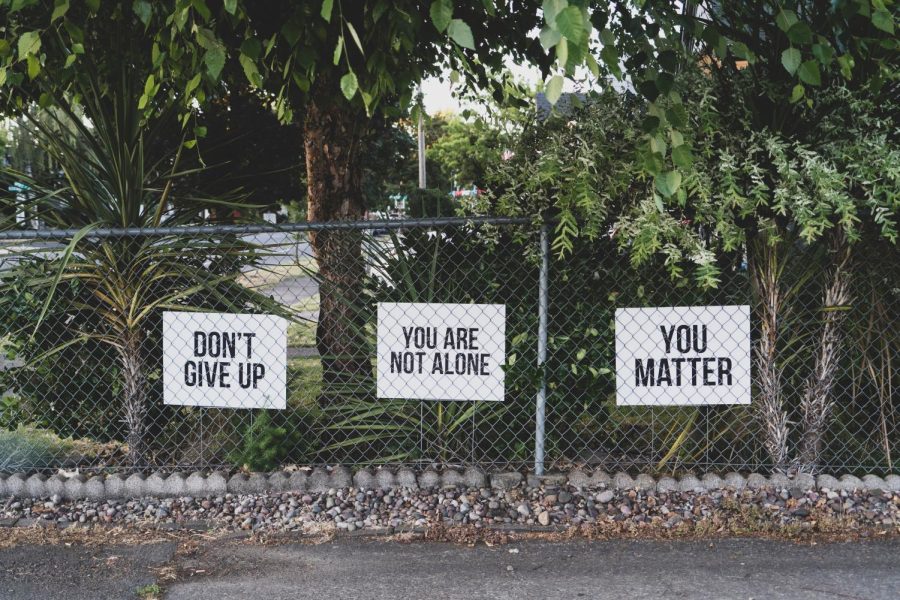An Introduction to Mental Health
Part 1 of 5
Everyone feels anxious or down from time to time. Whether overwhelmed by the stacks of work waiting on a desk or disengaging from a once-enjoyed activity, everyone has experienced lows in their mental health. Even though everyone is at different stages of their life, we still feel the same ups and downs in our state of mind.
Despite the ubiquity of these fluctuations, the discomfort surrounding this topic has rendered the topic of mental health overlooked and avoided. Nonetheless, it is important that we acknowledge the stigmatized side of mental health so we can aid those fighting a silent battle with it.
The term “mental health” denotes a person’s emotional, psychological, and social well-being. It determines how we handle stressful situations, as well as how we think, feel, and act.
There are several feelings or behaviors that can serve as early warning signs of a negative mental health. These can include sleeping or eating too much or too little, detaching from loved ones and previously enjoyed activities, drinking or using drugs more frequently, and more. Portraying one or more of these signs can indicate a decline in one’s energy, motivation, and even physical health. It is crucial to reach out and seek help for anyone experiencing such symptoms.
A common misconception is that mental illnesses do not directly impact physical health. What many fail to realize is that psychological welfare can influence one’s ability to think clearly, and fight off chronic diseases. Specifically, poor mental health can lead to diabetes, cardiovascular disease, obesity, a weakened immune system, and even premature death. Additionally, around 50 to 80 percent of people who show signs of poor mental health also suffer from sleeping problems.
Another common misconception is that mental illnesses are inherited; in reality, genetics is only a small part of the cause. Social and environmental factors can also have a strong influence on a person’s susceptibility to developing mental illnesses. For example, several studies have linked the toxicity of social media to sleep deprivation, depression, memory loss, and poor academic performance in many teens. Other factors such as exposure to abuse, trauma, and neglect are also contributors that can induce a negative change in mental state.
Mental health awareness is an important issue for everyone, particularly students. According to the American Institute of Stress, 73 percent of students say that stress negatively affects their mental health. This academic stress often goes hand-in-hand with an increased likelihood of developing anxiety or depression. Therefore, having open discussions and staying educated on this topic can encourage students to seek help and get the support they need. Remember, it is never too late to receive help if you or someone you know is exhibiting signs of a change in mental health.
Sylvia is a junior and is very excited to be joining The Banner for the second year. She decided to join The Banner when she realized she wanted to be...
Dorin is a junior at Harriton and is very excited to be a part of The Banner for her first year. She is thrilled to start writing for the Science and Tech...



